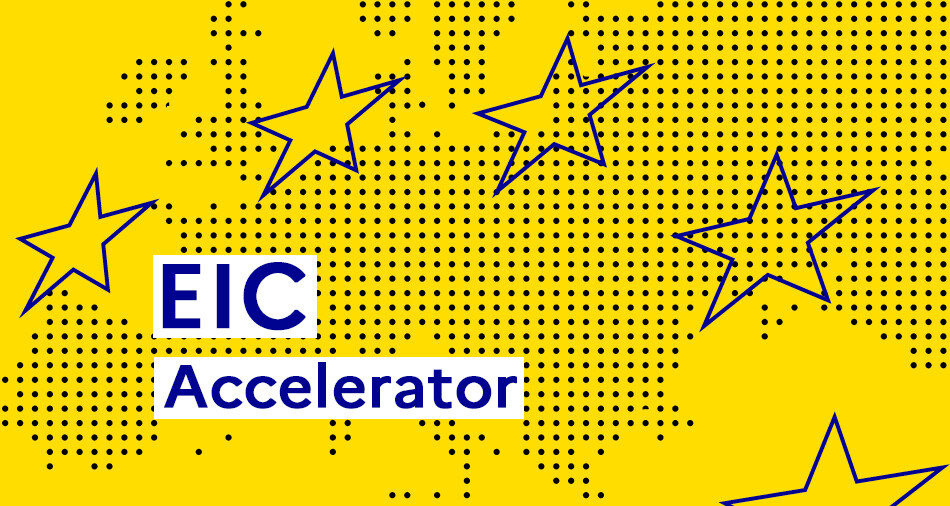ExpectedOutcome:
Projects are expected to contribute to all of the following outcomes:
- A European economic base which is stronger, more resilient, competitive and fit for the green and digital transitions, by reducing strategic dependencies for critical raw materials by promoting a circular economy.
- The development of recycling technologies targeting upcoming recycling feeds and producing high quality precursors, semi-products and battery materials enabling their use in the battery production and other production processes.
- Achievement of the recycling efficiency and material recovery targets as described in the proposed Batteries Regulation[1] by industries, especially for low metal and low material value components.
- Recycling chains with a cost-effective process in comparison with primary materials.
- Safeguarding of the sustainability, low CO2 footprint, low chemicals usage and minimal emissions of newly developed recycling processes.
Scope:
Proposals should focus on improved and verified circularity of collected, dismantled and pre-treated battery waste feeds (Strong interaction with call “Advanced sustainable and safe pre-processing technologies for End-of-Life batteries recycling (2024)” is encouraged). All recycling concepts should address waste stream(s) in question in a comprehensive manner, aiming at the maximal recovery of input elements and components, rather than selected fractions. Focus on all concepts should be kept on recycling process development considering specific areas of improvement for each of the possible processes of battery recycling; a maximised material recovery and recycling efficiency, operational energy efficiency, less waste water, mass- and energy balance, purity of the recycled material and verified holistically decreased carbon footprint supported by life cycle assessment. Battery development is out of the scope, interaction with other projects is, however, encouraged.
The following issues should be addressed:
- New recycling concepts targeting the recycling of economically low value materials, (e.g. from Lithium-iron phosphate or sodium-ion …) are expected to be covered. To enable recycling of low value battery compositions, new recycling concepts should be developed, including direct recycling routes that may include selective material recovery technologies and the reconditioning of the active materials. The additional recovery and recycling of non-cathode component materials are encouraged.
- Highly efficient recycling of battery manufacturing scrap, whether emanating from lab-scale or large production, are expected to be covered, for example including direct recycling concepts to re-introduce the materials in the battery production chain, including the handling and processing of relevant semi-material.
In addition, at least one of the following issues are expected to be addressed:
- Highly robust or flexible processes for the recycling of material streams of varying composition and quality may be covered.
- Material feeds from other industries (e.g. Ni/Co rich materials) may be introduced into the recycling concepts.
- Material feeds from future battery technologies with an expected market introduction no later than 2025 may be included.
- The processing of side streams (e.g. waste waters and other waste products) may be targeted.
All proposed recycling concepts are expected to be pre-assessed for their economical, ecological and safety impact.
This topic is building upon the BATTERY 2030+ Roadmap (https://battery2030.eu/research/roadmap/). Projects are expected to collaborate and contribute to the activities of the Coordination and Support Action defined under the topic HORIZON-CL5-2022-D2-01-08. The proposal is expected to cover the contribution and collaboration to the Coordination and Support Action.
Proposals are encouraged to establish links with those submitted under topic HORIZON-CL5-2024-D2-01-01, “Advanced sustainable and safe pre-processing technologies for End-of-life (EOL) battery recycling”.
Plans for the exploitation and dissemination of results for proposals submitted under this topic should include a strong business case and sound exploitation strategy, as outlined in the introduction to this Destination. The exploitation plans should include preliminary plans for scalability, commercialisation, and deployment (feasibility study, business plan).
Proposals should indicate to which chapters of the Strategic Research and Innovation Plan for chemicals and materials[2] they will contribute.
Proposals could consider the involvement of the European Commission's Joint Research Centre (JRC) whose contribution could consists of providing added value regarding various aspects of battery sustainability.
This topic implements the co-programmed European Partnership on Batteries (Batt4EU). As such, projects resulting from this topic will be expected to report on the results to the European Partnership on Batteries (Batt4EU) in support of the monitoring of its KPIs.
Specific Topic Conditions:
Activities are expected to achieve TRL 4 by the end of the project – see General Annex B.
[1]COM(2020) 798 final, Proposal for a Regulation of the European Parliament and of the Council concerning batteries and waste batteries, repealing Directive 2006/66/EC and amending Regulation (EU) No 2019/1020
[2]https://ec.europa.eu/info/research-and-innovation/research-area/industrial-research-and-innovation/key-enabling-technologies/advanced-materials-and-chemicals_en





